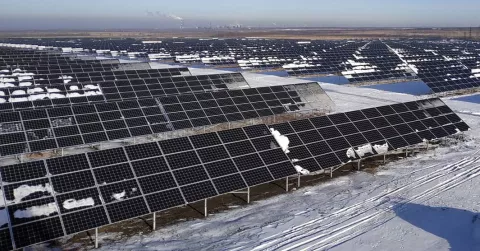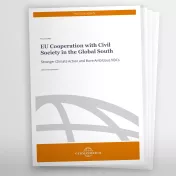
Due to the global decarbonisation transition, Russia is likely to lose its coal, oil and maybe even natural gas export markets in the EU over the next 30 years. If badly managed, this development could eventually lead to the further deterioration of Russia-EU interlinkages and shared interests and might intensify the existing structural conflict between both sides.
At the same time, this situation represents a theoretical chance to develop the bilateral trade, economic and science relations for the common benefit. In the mid- to long-term, Russia might become a major renewable energy exporter to the EU and it actually seems to be in the clear interests of both Russia and the EU to intensify bi- and multilateral cooperation on the curbing and managing of climate change. Although other issues are likewise important and need to be solved, such cooperation has the potential to significantly enhance political relations between Russia and the EU.
A first version of this short paper appeared in January 2020 on the web site of the EU-Russia Expert Network on Foreign Policy (EUREN). EUREN is a platform for discussions between Russian and EU foreign policy experts and think tanks, initiated by the EU Delegation to Russia and the Russian International Affairs Council (RIAC). The paper builds upon a discussion at a EUREN foreign policy experts workshop.



